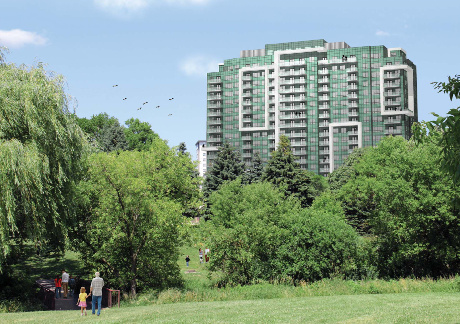The Architectural Conservancy of Ontario is a charity with the goal of helping communities preserve buildings and structures of architectural merit and places of natural beauty and interest. Their activities include advocacy and activism, the commissioning of studies and reports as well as public outreach and education programs. Twice yearly they publish ACORN, a magazine devoted to preservation issues of province-wide interest . Their PreservationWorks! program sends experts to assess and report on heritage properties and can assist in gaining public support, warn of structural issues and suggest preservation strategies. And their Historic Architectural Linking Program connects prospective purchasers with vacant, at-risk heritage properties. The Conservancy has 24 branches across Ontario. Branch activities include lectures, tours and advocacy and restoration of heritage properties.
Continue reading “Client Profile: Architectural Conservancy of Ontario”
 Subscribe to our RSS feed
Subscribe to our RSS feed Find us on Facebook
Find us on Facebook

